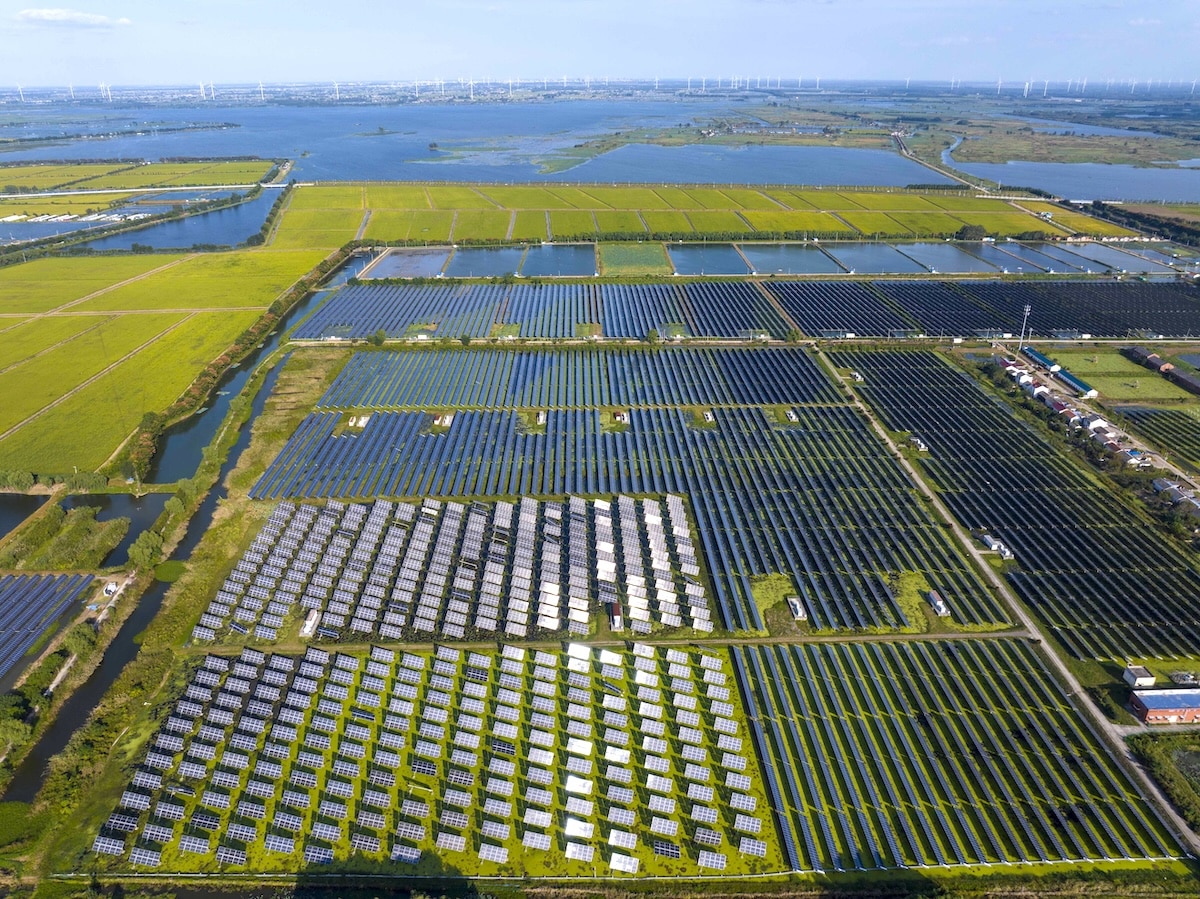Tripling Renewable Energy Worldwide by 2030 Is Within Reach, IEA Says
September 24, 2024

The energy goals established last year at the United Nations’ COP28 climate conference held in Dubai of tripling renewable energy capacity worldwide by 2030 and slashing fossil fuel use are possible, according to a new International Energy Agency (IEA) report.
The report, From Taking Stock to Taking Action: How to implement the COP28 energy goals, can be used by nations as a guidebook to turn their collective pledges into action, but it will require the removal of roadblocks like permitting and grid connections, reported Reuters.
“The goals set by nearly 200 countries at COP28 can be transformative for the global energy sector, putting it on a fast track towards a more secure, affordable and sustainable future. To ensure the world doesn’t miss this huge opportunity, the focus must shift rapidly to implementation,” said Fatih Birol, IEA’s executive director, in the press release.
At COP28, 197 countries came together and agreed to work toward a common target of ambitious energy objectives that were part of the UAE Consensus. They pledged to achieve net zero global energy emissions by 2050, triple renewable energy capacity, transition from fossil fuels and double the energy efficiency improvement rate by 2030, while also accelerating deployment of additional low-emissions technologies.
“As this new IEA report shows, the COP28 energy goals should lay the foundation for countries’ new climate targets under the Paris Agreement – they are the North Star for what the energy sector needs to do. And further international cooperation is vital to deliver fit-for-purpose grids, sufficient energy storage and faster electrification, which are integral to move clean energy transitions quickly and securely,” Birol added.
The new report is the first comprehensive worldwide analysis of what these targets can achieve if they are put into practice, as well as how they can be reached.
“According to the report, the goal of tripling global renewable energy capacity by 2030 is within reach thanks to favourable economics, ample manufacturing potential and strong policies. But greater capacity does not automatically mean that more renewable electricity will clean up the world’s power systems, lower costs for consumers and slash fossil fuel use,” IEA said.
In order to take advantage of the full benefits of tripling renewable energy output, nations must make a concerted effort to construct and modernize 15.5 million miles of electricity grids by the end of the decade, the report said. The world would also have to have 1,500 gigawatts (GW) of energy storage by 2030, 1,200 GW of which would need to be battery storage — 15 times what is available today.
The report highlights the necessity of a more country-specific and fine-tuned approach to achieving double the world’s energy efficiency by 2030. This would have the potential to reduce global energy costs by nearly 10 percent and reduce emissions by 7.17 billion tons while strengthening nations’ energy security.
Achieving these goals will require governments to make energy efficiency a greater policy priority while relentlessly focusing on key actions. For the world’s advanced economies, this will mean homing in on electrification, since doubling efficiency will require pushing global electricity consumption toward 30 percent by the end of the decade.
The report notes that heat pumps and electric vehicles are much more efficient than traditional alternatives. It also said that stronger efficiency standards for emerging economies — especially for air conditioners and other cooling equipment — are essential for faster progress.
“And for countries without full access to modern forms of energy, achieving the Sustainable Development Goal of universal access to clean cooking supplies significantly reduces energy demand, transforms lives and livelihoods, and prevents millions of early deaths,” the press release said.
The report was released at the United National General Assembly, coinciding with Climate Week NYC.
“The report finds that fully achieving the COP28 goals for renewables and efficiency would cut global emissions by 10 billion tonnes by 2030 compared with what is otherwise expected, helping to give the world a fighting chance of meeting the Paris Agreement’s temperature goals. It also sets out key energy sector benchmarks for countries to consider as they design supportive new NDCs [Nationally Determined Contributions], which are due in 2025,” IEA said.
Search
RECENT PRESS RELEASES
Related Post




